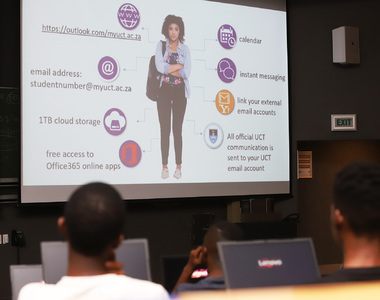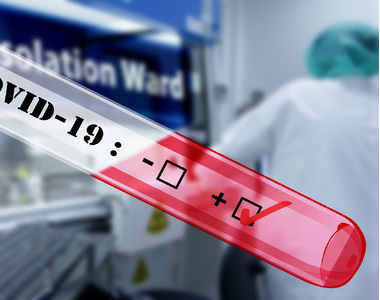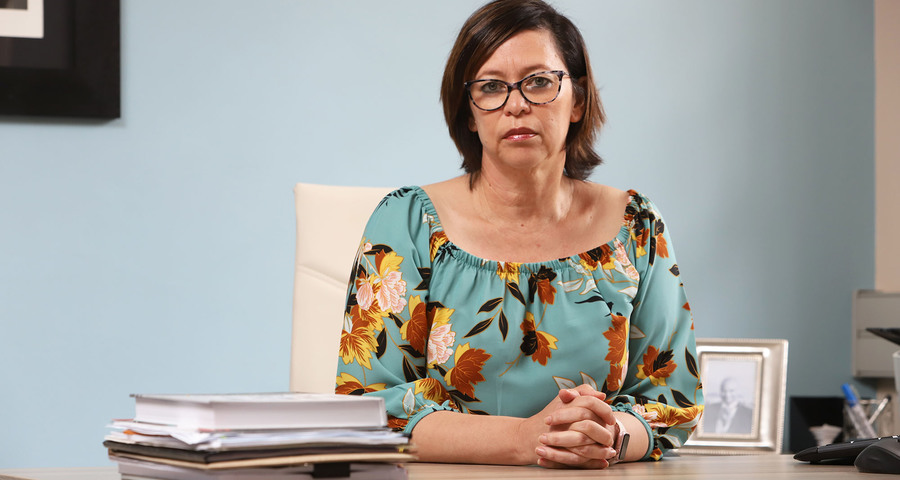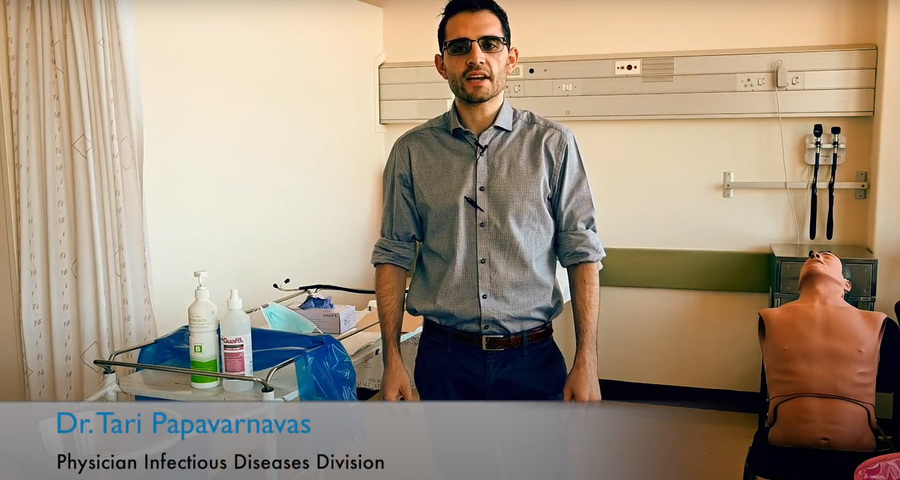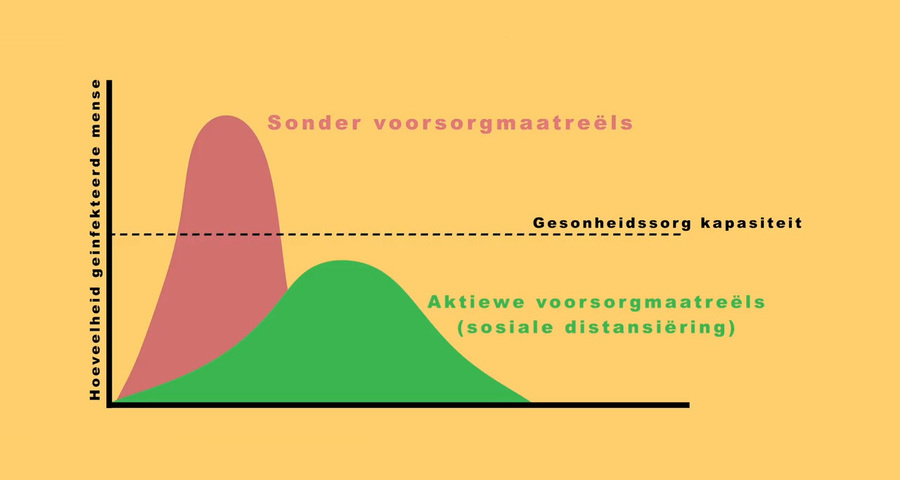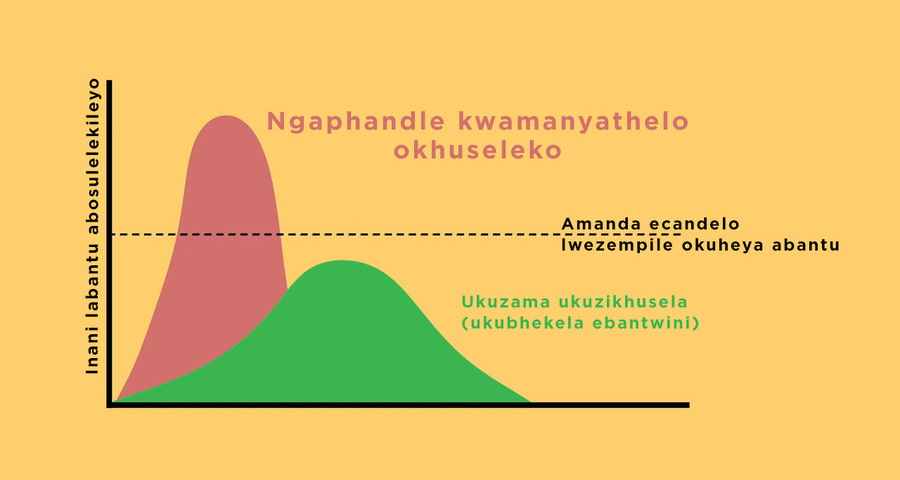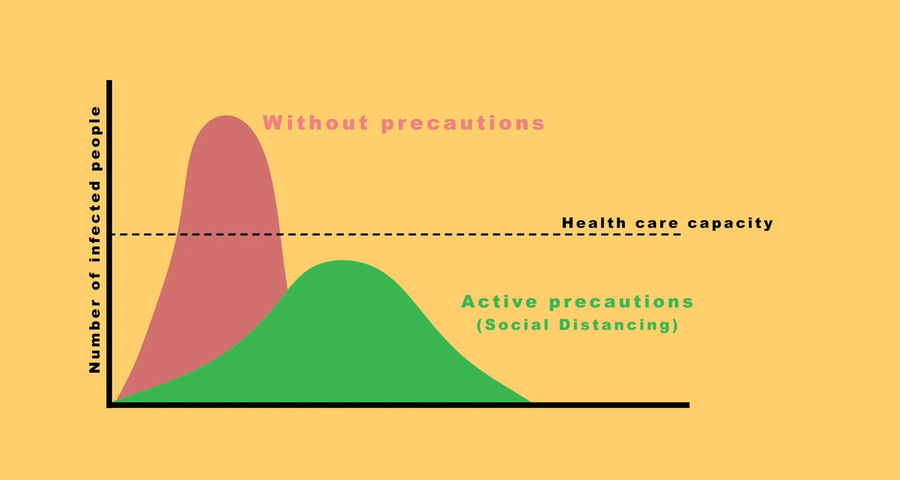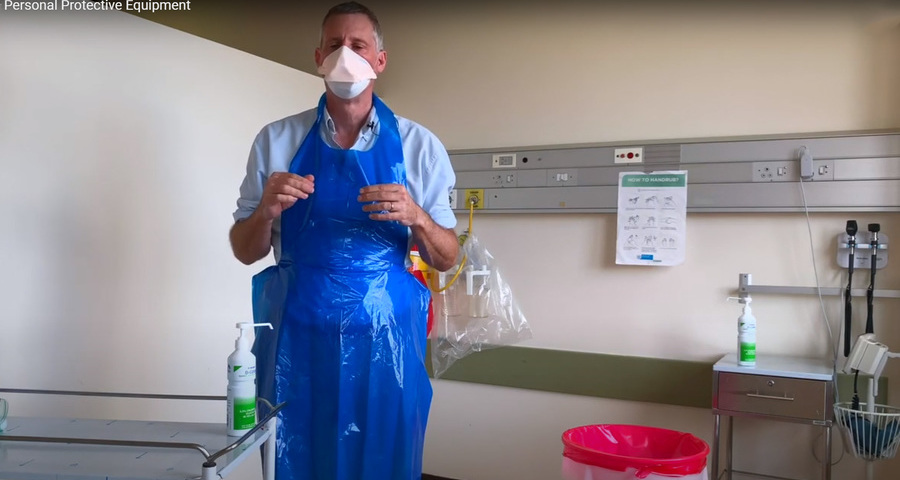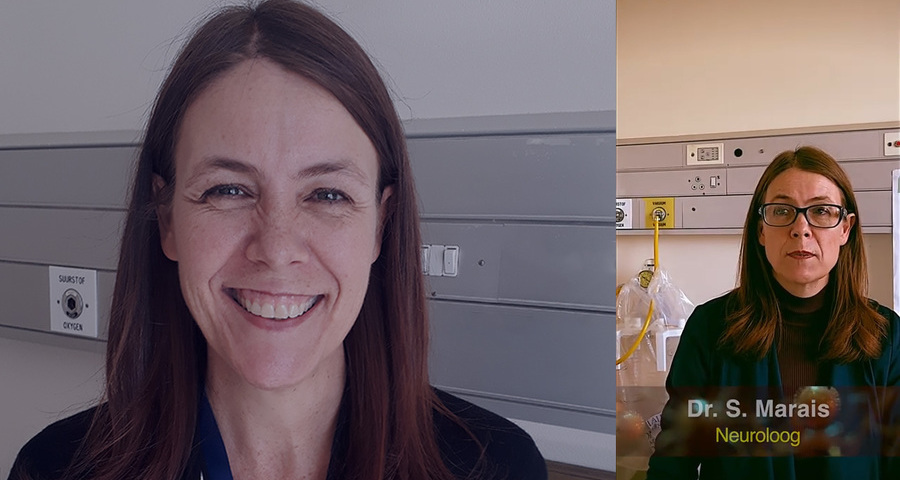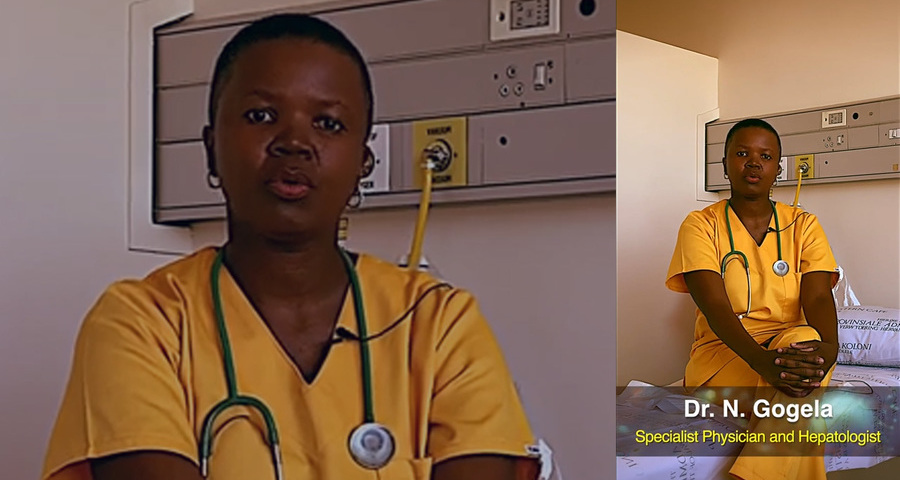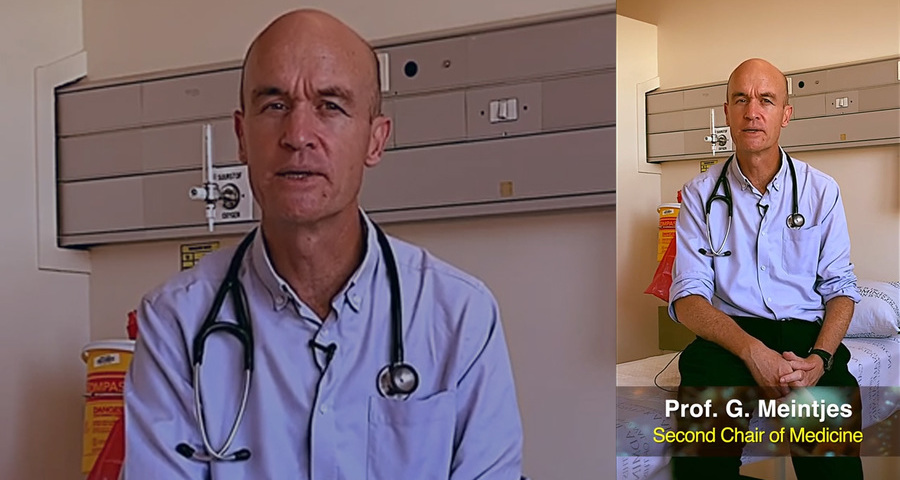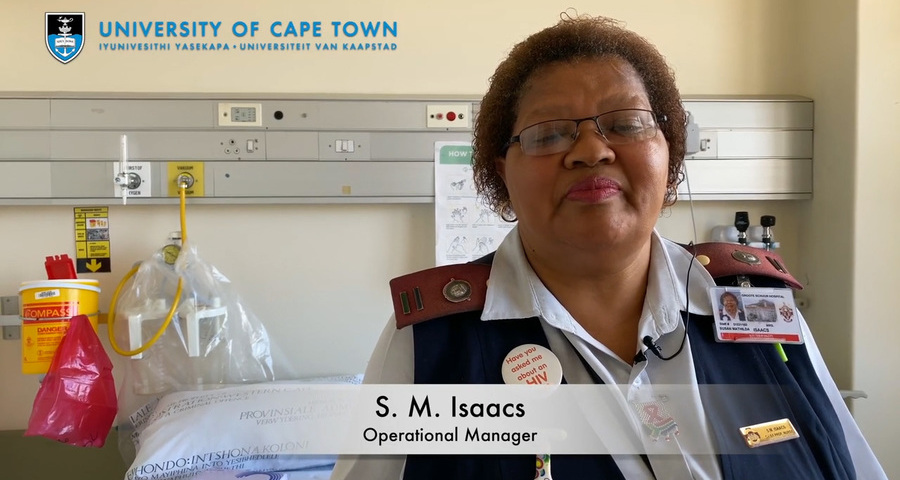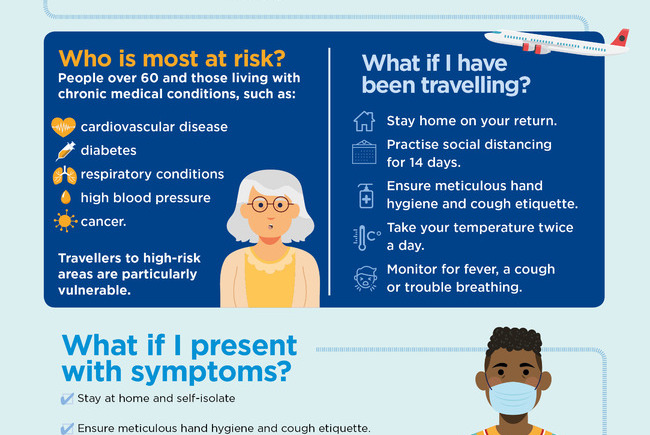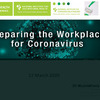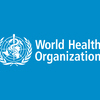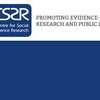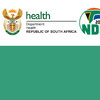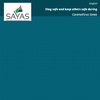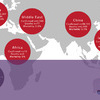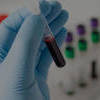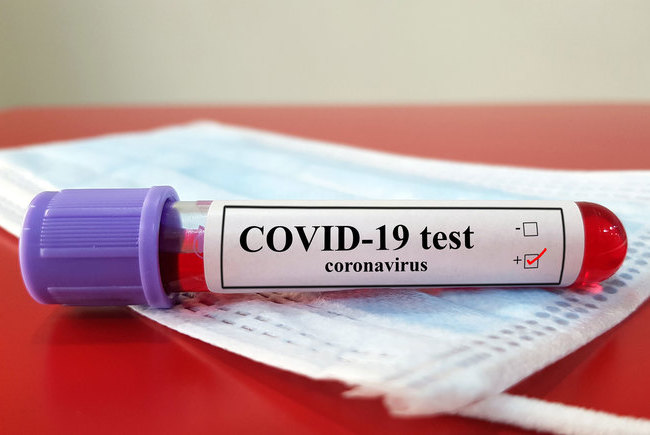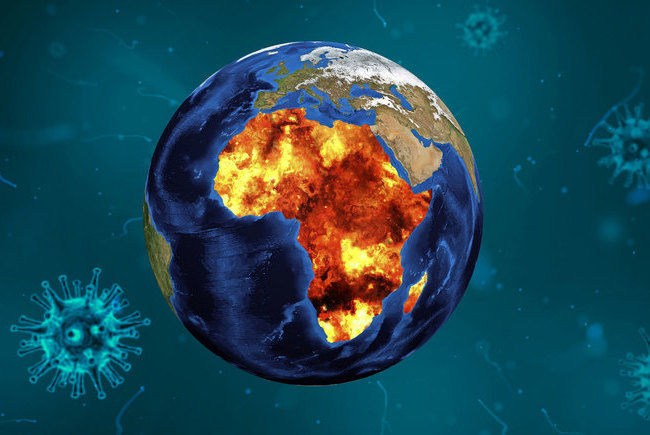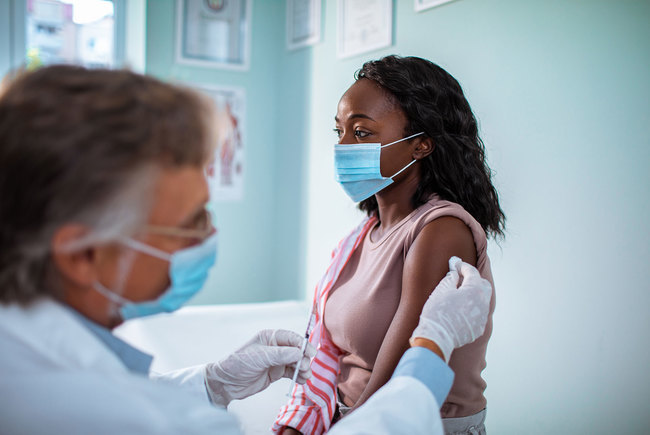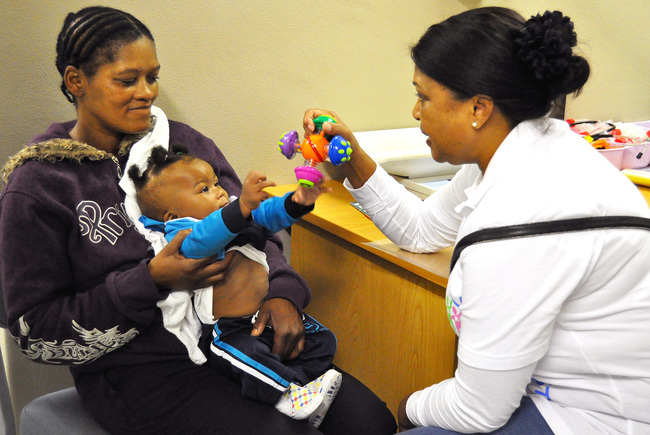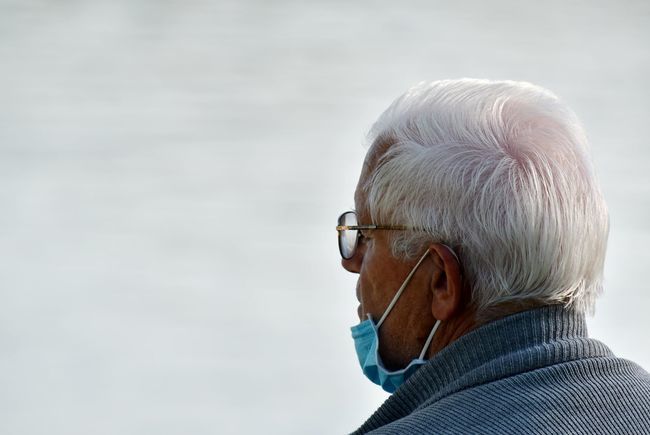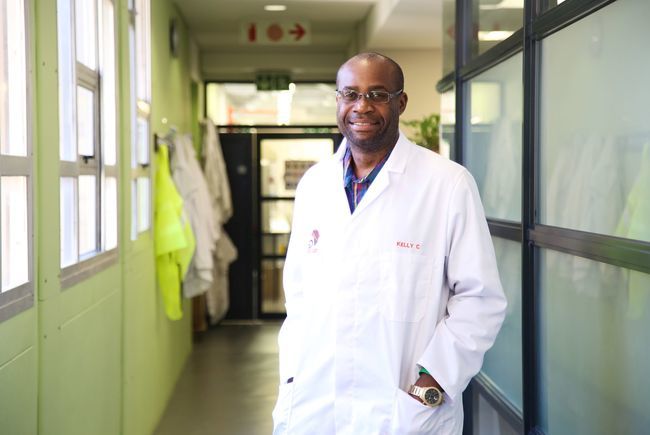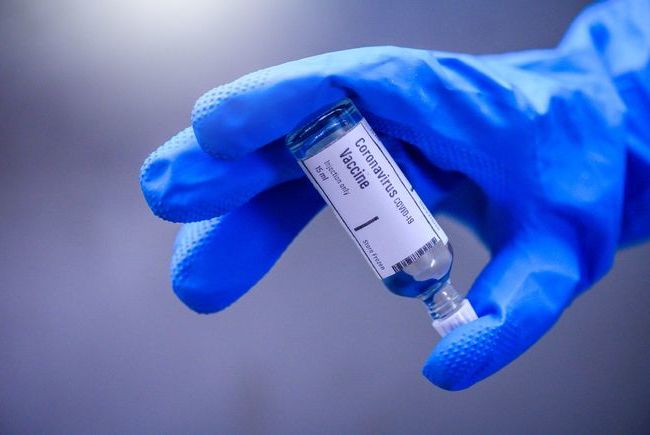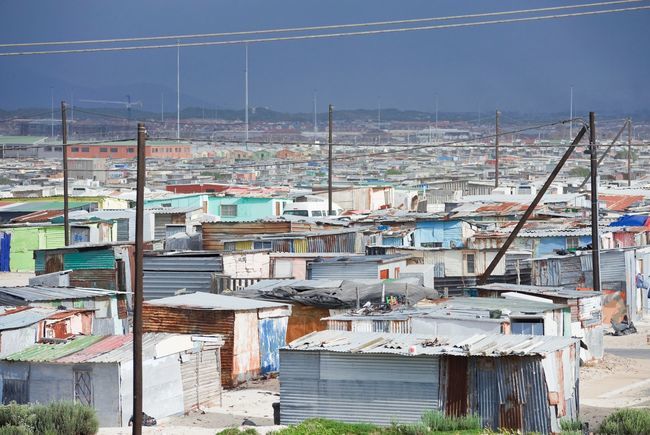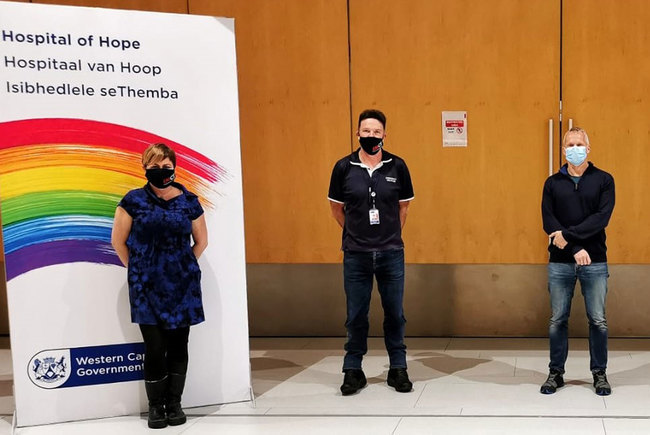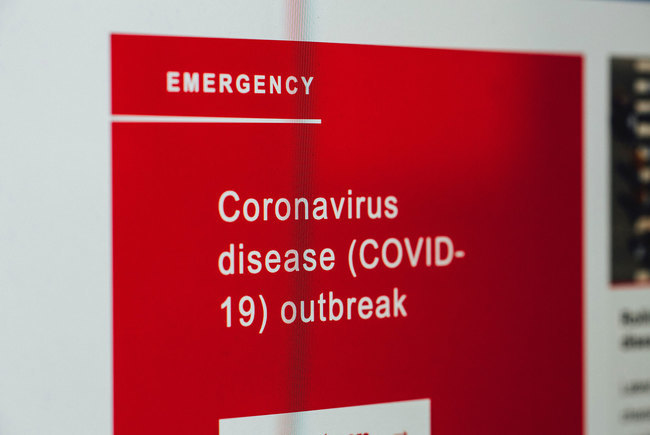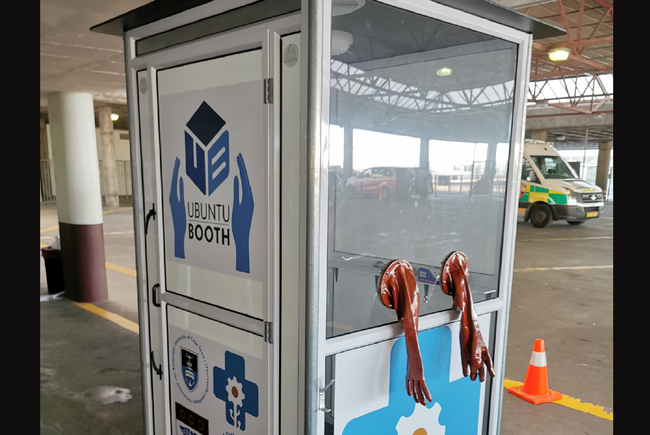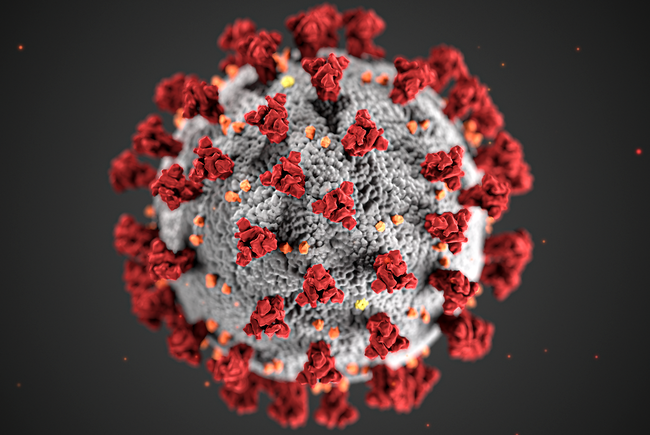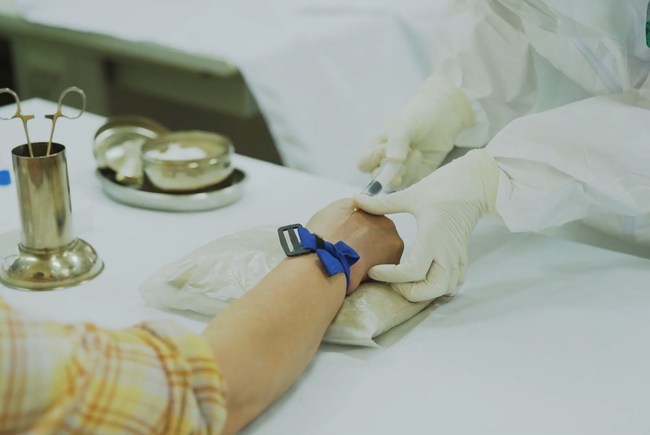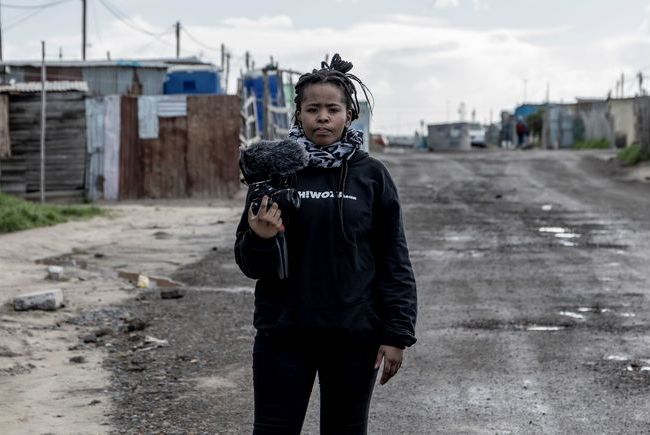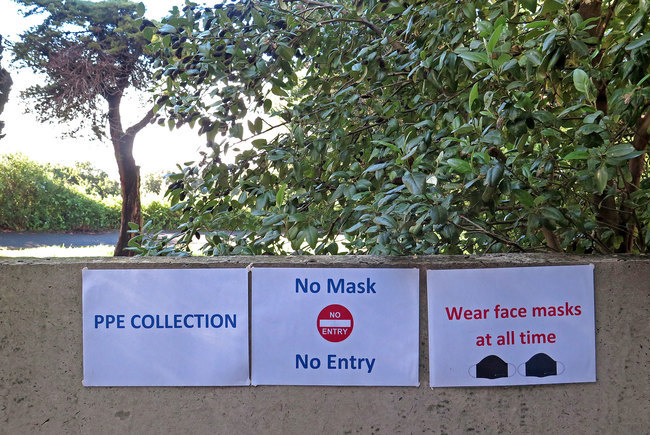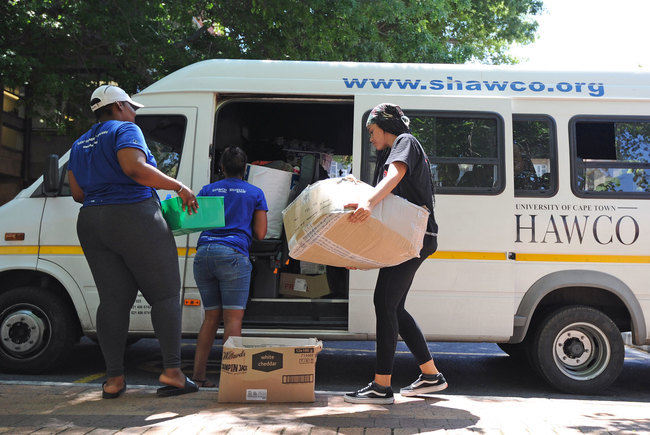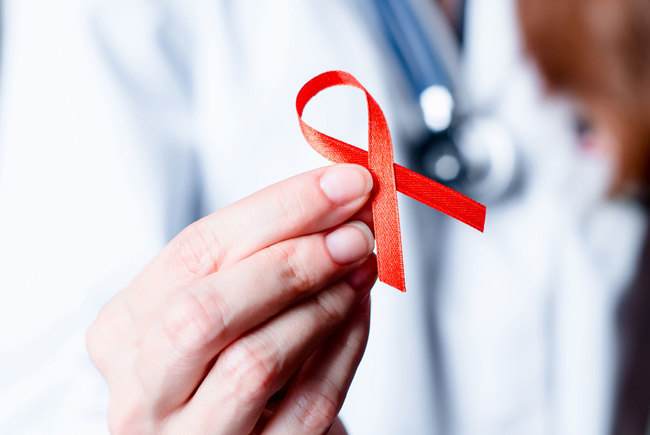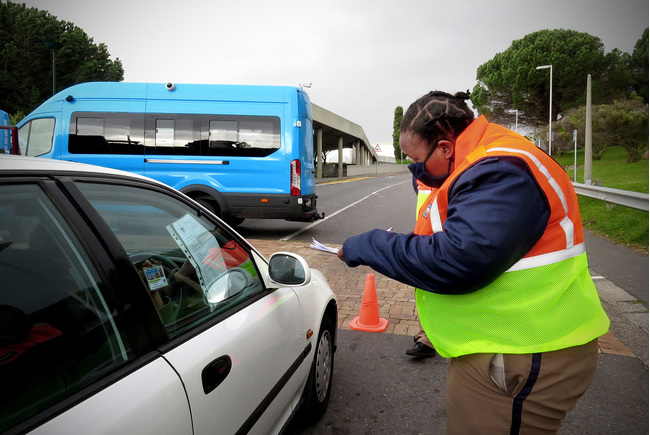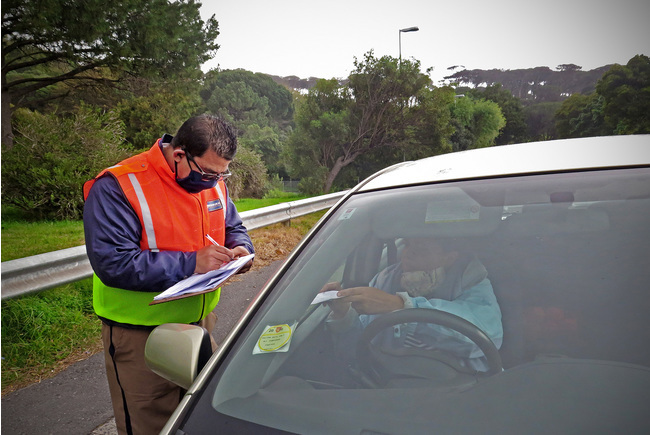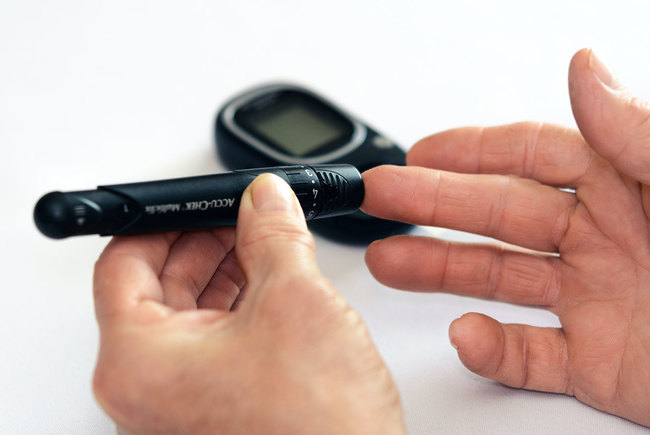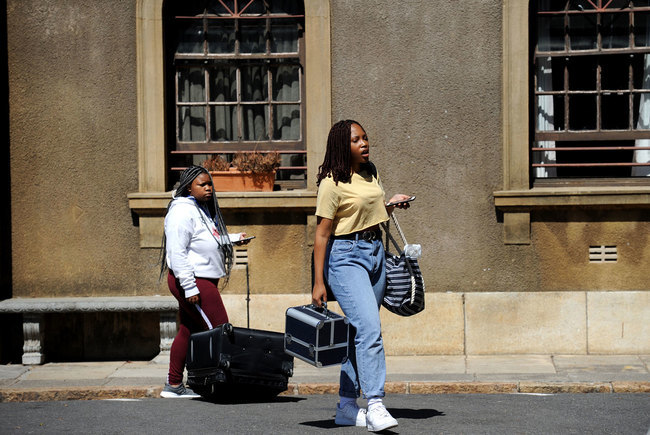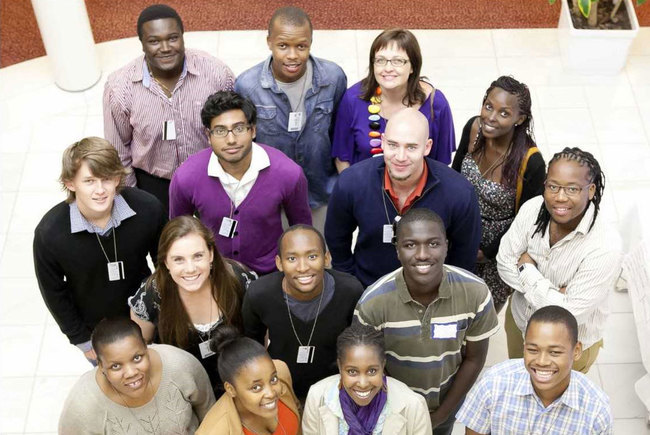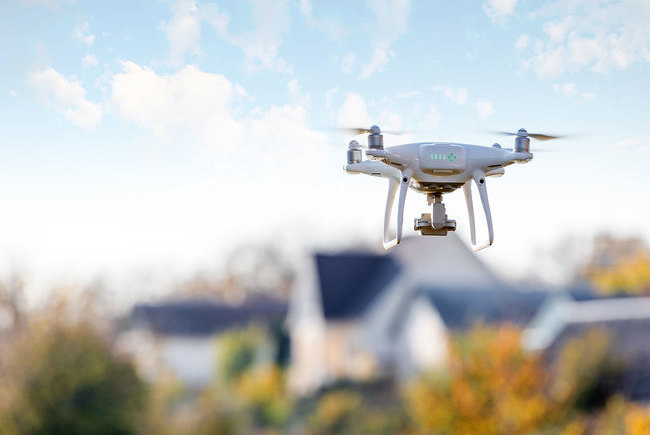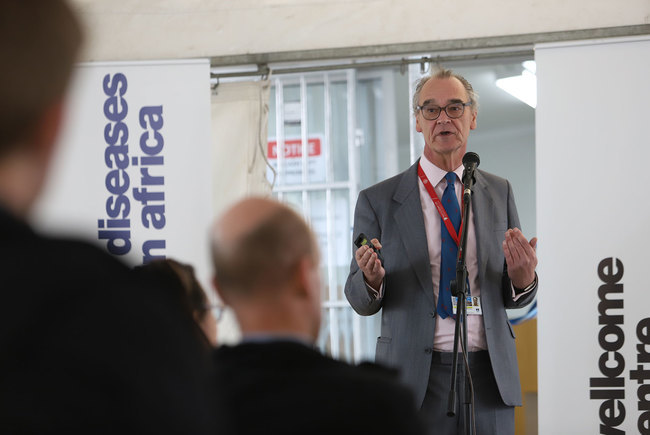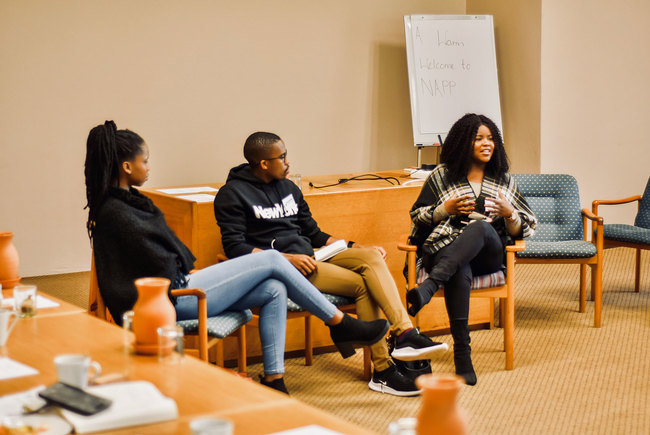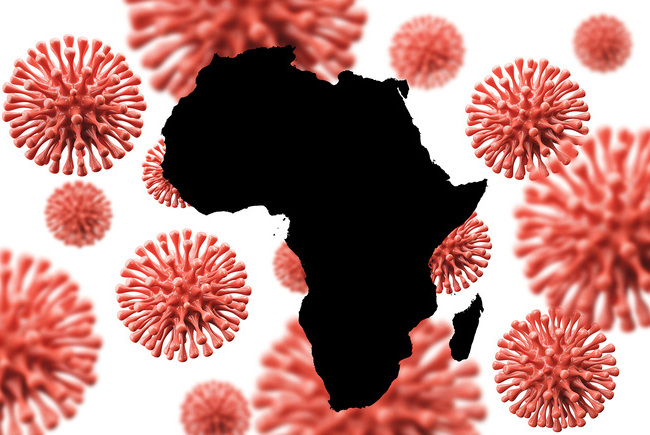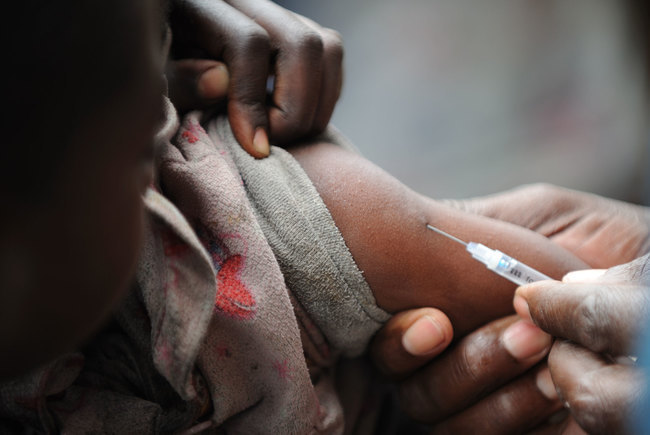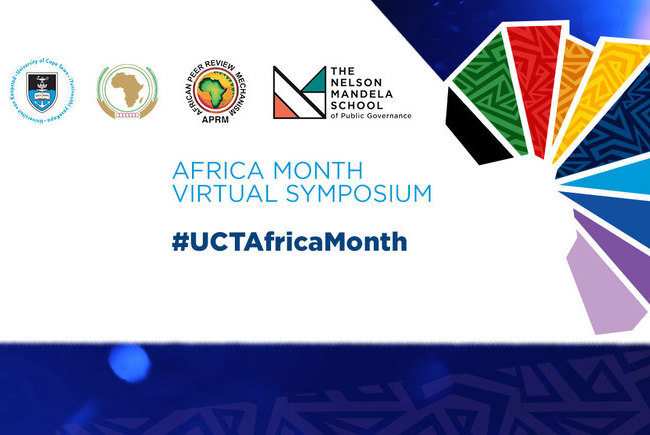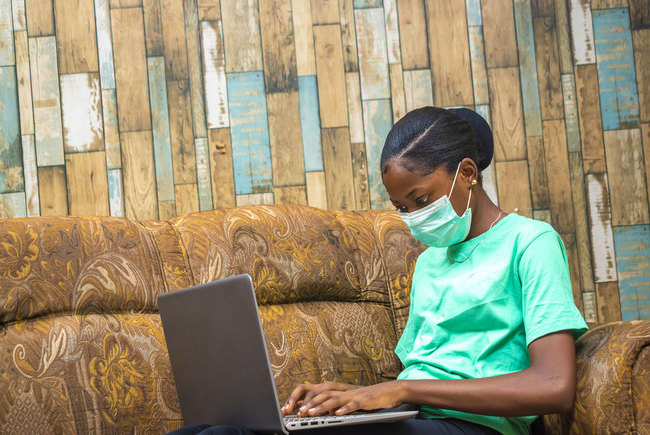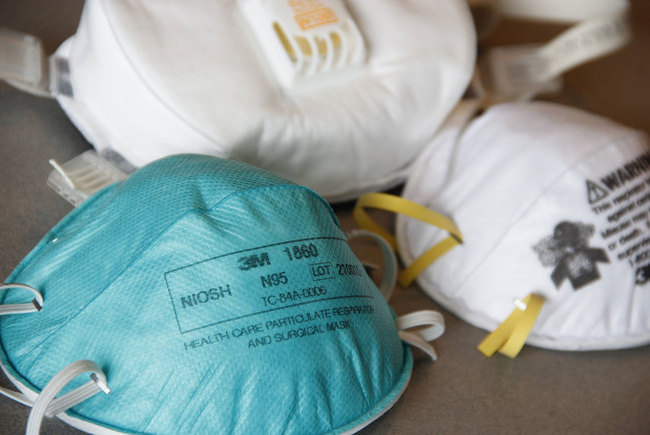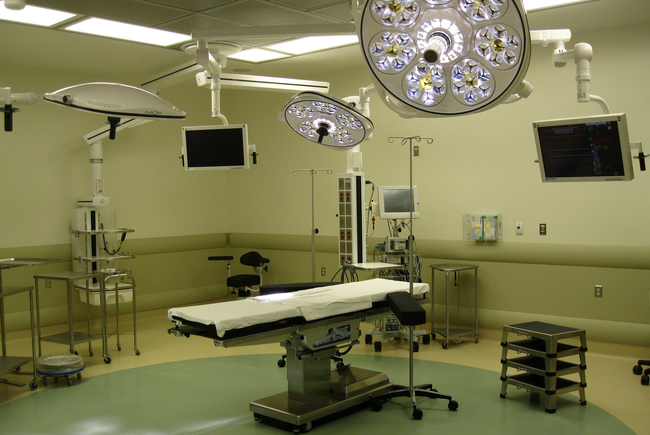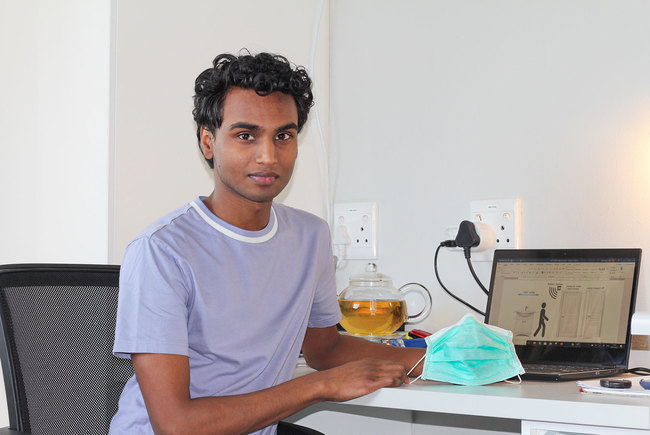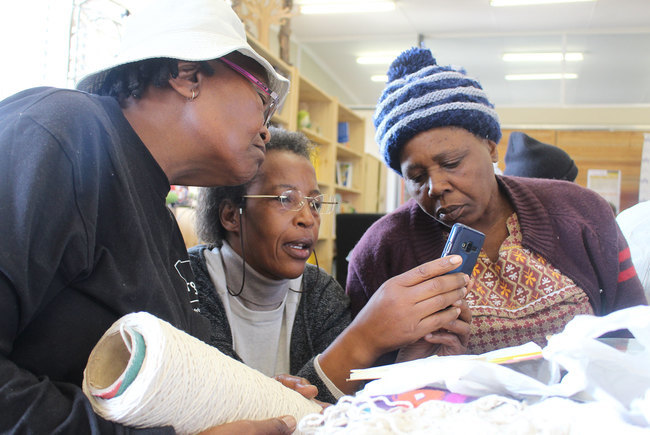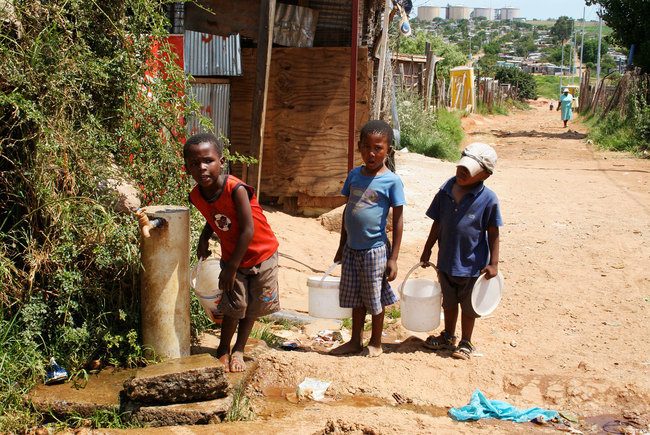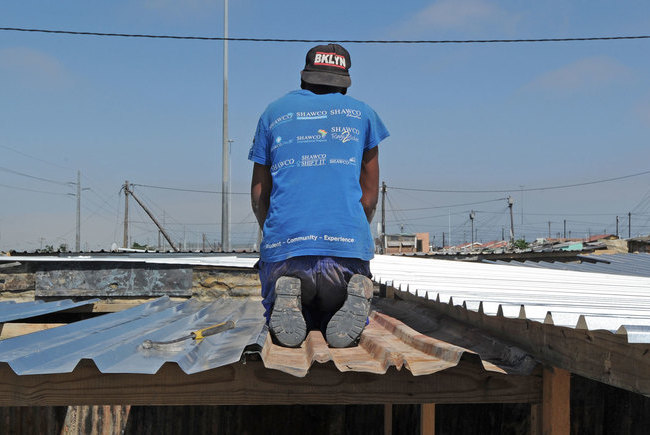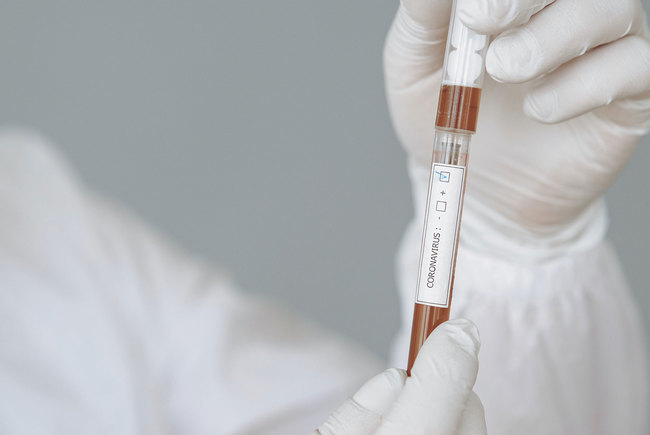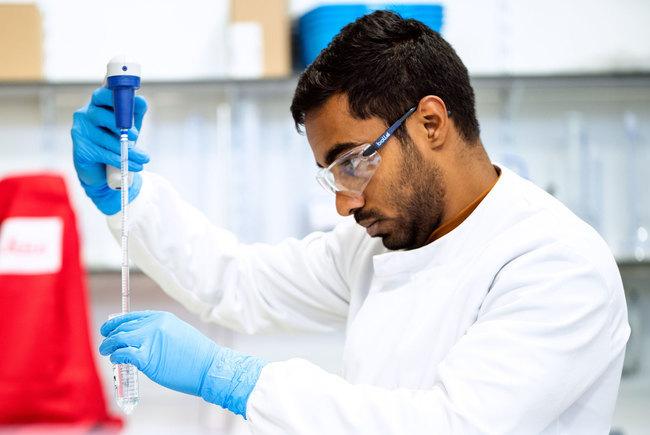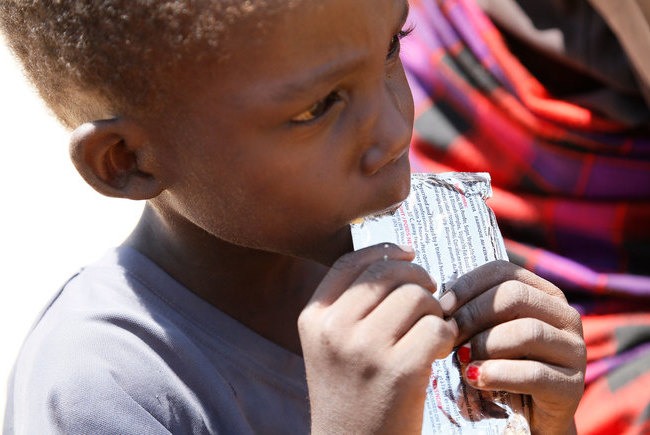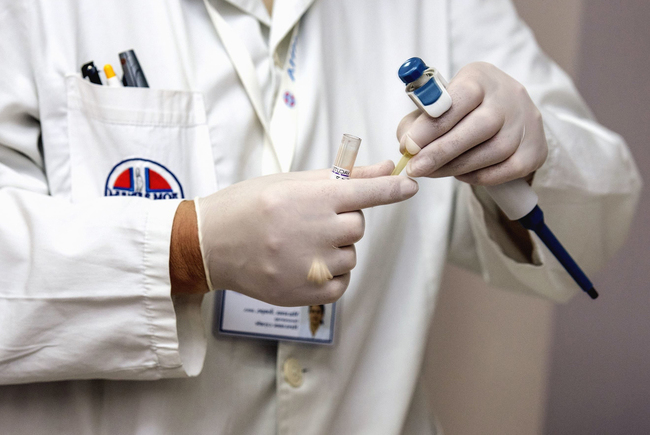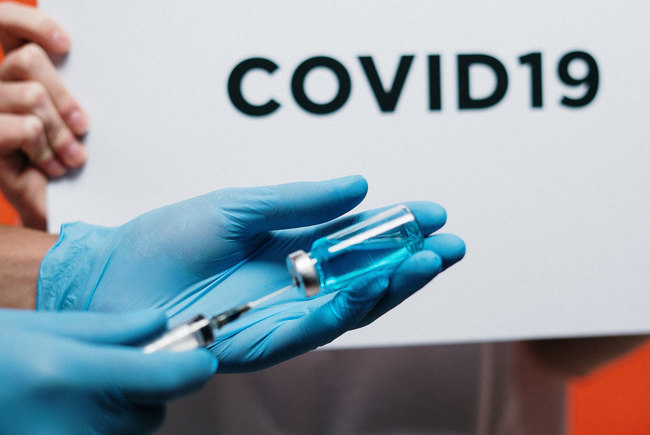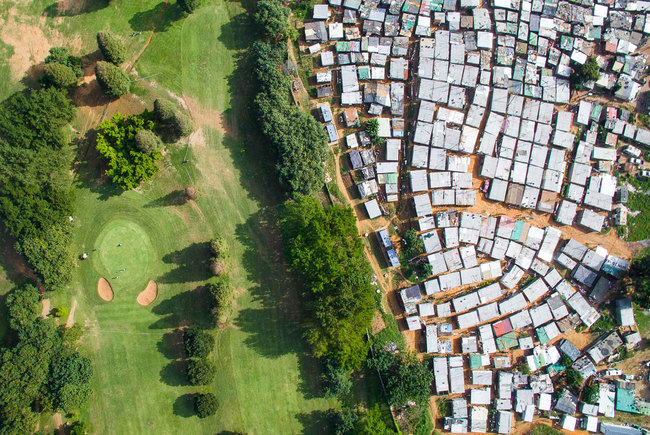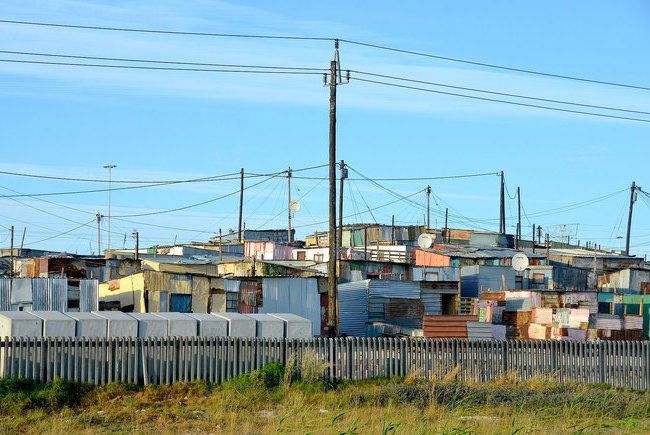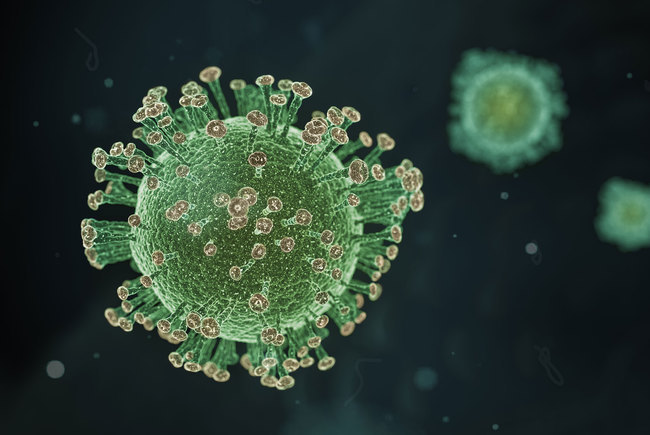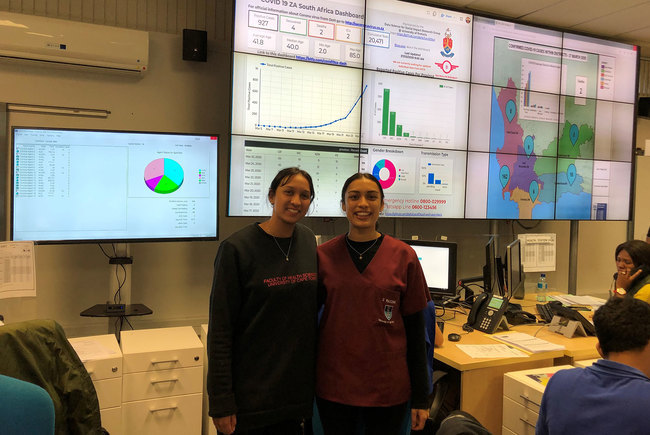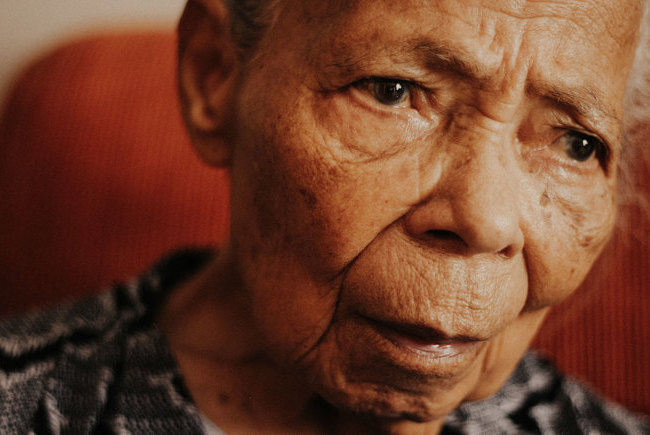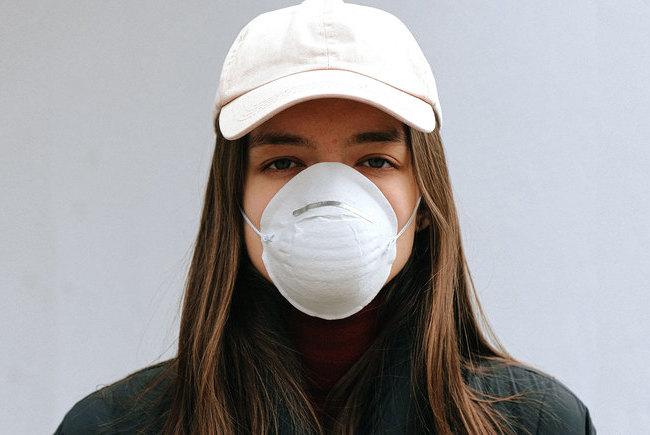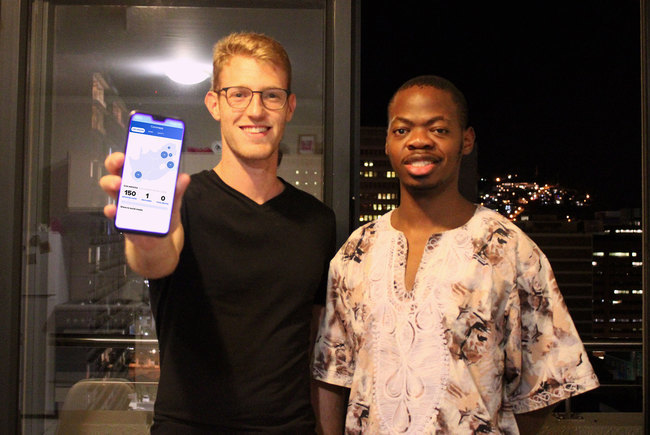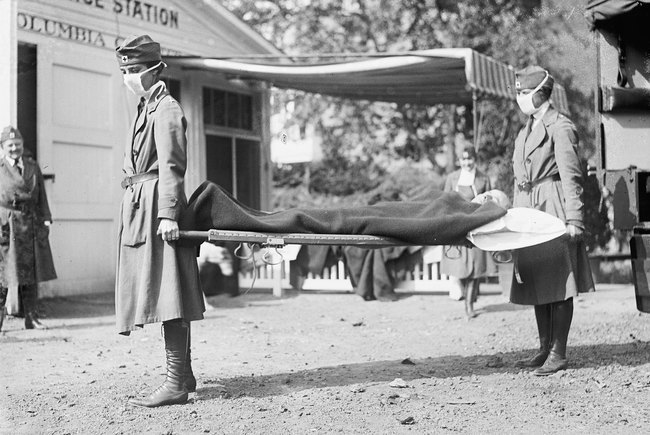COVID-19 vaccines for African countries?
22 January 2021 | Story Benjamin Kagina. Photo Pexels / Sam Moqadam . Read time 6 min.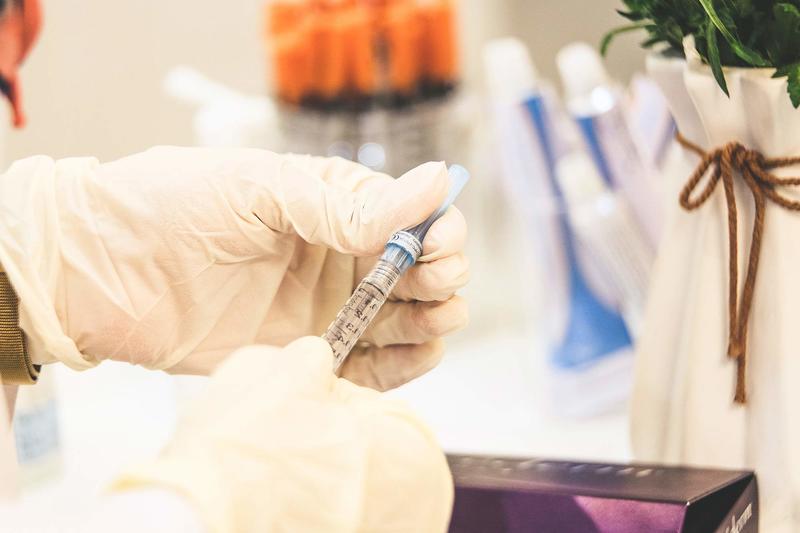
Vaccines for COVID-19 are generating a lot of talk. To shed some light on which vaccines are available for countries in sub-Saharan Africa, and how the process will work, The Conversation Africa’s Ina Skosana and Ozayr Patel asked Benjamin Kagina to answer a few questions.
What’s immediately available for African countries?
African health regulatory authorities must approve the use of vaccines before they can be rolled out on the continent. National health regulatory authorities around the continent are working closely with regional and global regulatory bodies to ensure the approval processes will be efficient.
The AstraZeneca-Oxford vaccine was approved for emergency use by the UK health regulator on 30 December 2020 and will be available for use in Africa once regulators on the continent approve it. It is likely that the approval will be obtained in the first quarter of 2021. This vaccine was also tested in parts of the continent like South Africa.
At the time of writing, South Africa had secured 1.5 million doses of AstraZeneca-Oxford vaccine from the Serum Institute of India which is producing these vaccines for low- and middle-income countries. The national regulator is in the process of reviewing the relevant vaccine data in order to grant approval for its emergency use in the country.
The African Vaccine Acquisition Task Team established by African Union Chair President Cyril Ramaphosa recently secured a provisional 270 million vaccine doses for African countries. The vaccines will be supplied by AstraZeneca-Oxford, Pfizer-BioNTech and Johnson & Johnson. The distribution of these vaccines on the continent will likely depend on the population size of each country. Even with additional 600 million vaccine doses promised by the World Health Organisation’s COVAX facility, the cumulative total vaccine doses available will only be enough for about half of the continent’s population.
Another vaccine that is likely to be available to the continent soon is that manufactured by Moderna. Pfizer-BioNTech and Moderna vaccines have already been approved for emergency use by the US as well as UK health regulators.
What about offerings from Russia and China?
The Gamaleya Research Institute of Epidemiology and Microbiology in Russia and Sinopharm in China allowed the public use of their vaccines before conducting large-scale clinical trials. This raised huge public concerns.
Conducting clinical trials and openly sharing the data from the trials is the international standard practice. The practice is to conduct three phases, all with smaller scale tests at first. Results from such trials are reviewed to assess safety and efficacy. This always precedes regulatory approval. If this route isn’t followed it is unlikely these vaccines will get approval from the national health regulators as there is no data to review.
Nevertheless, countries are buying vaccines from China. The Financial Times is also reporting that countries are buying Russia’s Sputnik V vaccine while the two leading Chinese manufacturers, Sinopharm and Sinovac Biotech, have signed deals with more than a dozen countries.
But public safety and scrutiny is critical. Without data from the trials it will be difficult to get the public on board. Sinopharm has submitted clinical data to the World Health Organisation for review.
Which will be easiest to deliver in developing countries?
When Pfizer-BioNTech announced that their vaccine was 95% effective, they also said it had to be stored at a temperature of -70℃. Most low-income countries do not have the necessary cold chain infrastructure for storing and distributing this vaccine.
Vaccines that require standard refrigeration conditions, like many of those used in existing immunisation programmes in these countries, would be easiest to deliver. The AstraZeneca-Oxford vaccine is one.
Johnson & Johnson has also developed a vaccine being trialled in Africa. The phase III results for this vaccine will be available in February 2021. If the vaccine is proven to be safe and effective, it will be the easiest to distribute as it requires the standard refrigeration. And more importantly, it requires just one dose, which is logistically easier to deliver.
Will new COVID-19 variants affect roll-out plans?
At present, it is thought that the mutations will not affect the efficacy of the vaccines. But more data is still required to be sure about this. Scientists and vaccine manufacturers are assessing if the current vaccines are effective against the new variants. Preliminary data are encouraging.
The roll-out is therefore continuing and tests will continue to assess if the emerging variants affect the vaccines’ efficacy.
Why there is so much concern about how quickly the vaccines were developed?
There is a lot of misinformation and incorrect messaging on social media platforms about the new vaccines. One incorrect message is that the vaccines were short-circuited and that this could have compromised them. It is important to emphasise that due diligence was adhered to and no short cuts were taken. These vaccines were tested properly and are proved to be safe. Additional monitoring of safety is ongoing as the vaccines get rolled out to more people following approval by the regulators. Safety monitoring will remain a key component of the vaccines roll-out.![]()
Benjamin Kagina, Senior Research Officer, Vaccines For Africa Initiative, Faculty of Health Sciences, University of Cape Town.
Coronavirus Disease 2019 updates
COVID-19 is a global pandemic that caused President Cyril Ramaphosa to declare a national disaster in South Africa on 15 March and implement a national lockdown from 26 March.
UCT is taking the threat of infection in our university community extremely seriously, and this page will be updated regularly with the latest COVID-19 information.
Daily updates
Campus communications
Resources
Video messages from the Department of Medicine
Getting credible, evidence-based, accessible information and recommendations relating to COVID-19
The Department of Medicine at the University of Cape Town and Groote Schuur Hospital, are producing educational video material for use on digital platforms and in multiple languages. The information contained in these videos is authenticated and endorsed by the team of experts based in the Department of Medicine. Many of the recommendations are based on current best evidence and are aligned to provincial, national and international guidelines. For more information on UCT’s Department of Medicine, please visit the website.
To watch more videos like these, visit the Department of Medicine’s YouTube channel.
Useful information from UCT
External resources
News and opinions

As the COVID-19 crisis drags on and evolves, civil society groups are responding to growing and diversifying needs – just when access to resources is becoming more insecure, writes UCT’s Prof Ralph Hamann.
03 Jul 2020 - 6 min read Republished
The Covid-19 crisis has reinforced the global consequences of fragmented, inadequate and inequitable healthcare systems and the damage caused by hesitant and poorly communicated responses.
24 Jun 2020 - >10 min read Opinion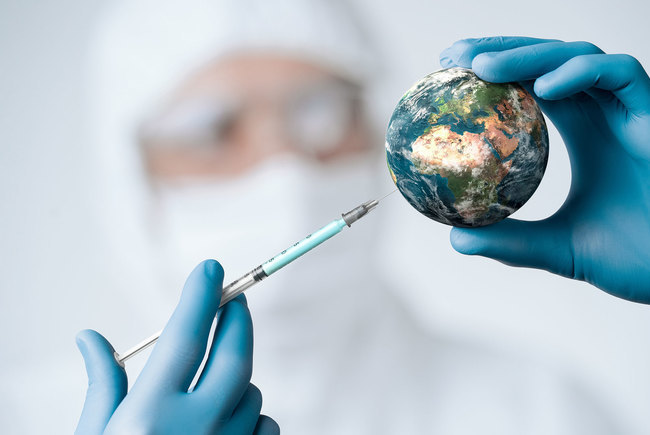
Our scientists must not practise in isolation, but be encouraged to be creative and increase our knowledge of the needs of developing economies, write Professor Mamokgethi Phakeng, vice-chancellor of UCT, and Professor Thokozani Majozi from the University of the Witwatersrand.
09 Jun 2020 - 6 min read Republished
South Africa has been recognised globally for its success in flattening the curve, which came as a result of President Ramaphosa responding quickly to the crisis, writes Prof Alan Hirsch.
28 Apr 2020 - 6 min read RepublishedStatements and media releases
Media releases
Read more
Statements from Government
In an email to the UCT community, Vice-Chancellor Professor Mamokgethi Phakeng said:
“COVID-19, caused by the virus SARS-CoV-2, is a rapidly changing epidemic. [...] Information [...] will be updated as and when new information becomes available.”
We are continuing to monitor the situation and we will be updating the UCT community regularly – as and when there are further updates. If you are concerned or need more information, students can contact the Student Wellness Service on 021 650 5620 or 021 650 1271 (after hours), while staff can contact 021 650 5685.









